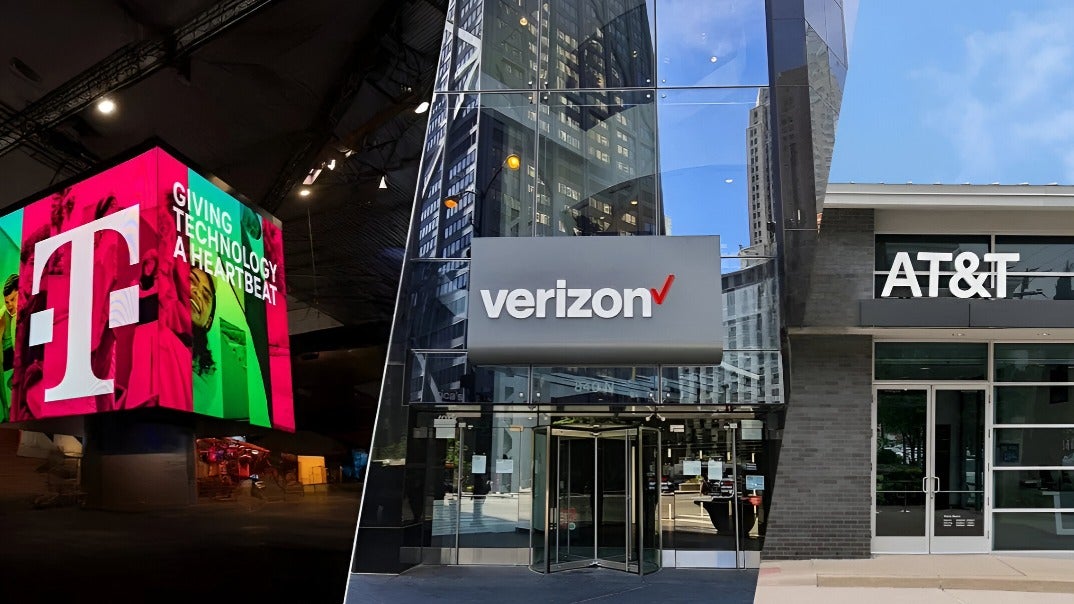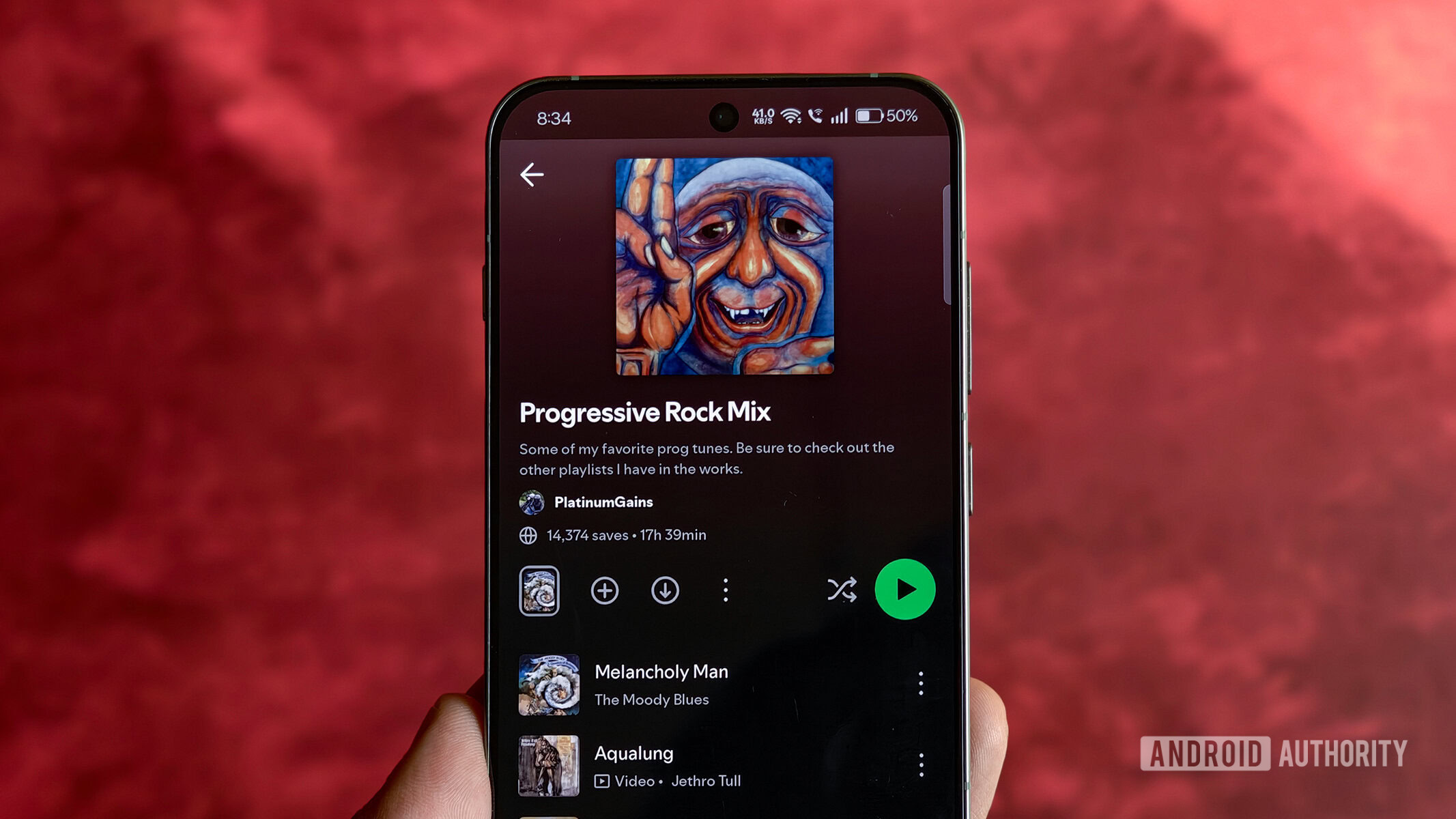This pricing fatigue was made clearer than ever in a survey conducted a few days ago, where U.S. customers showed that they’re more than willing to jump ship if it means a reduction in their bills. Not only that, another survey not long ago showed that MVNOs are the future for cellular service in the U.S.
People are tired of costly bills
Nobody wants to pay huge bills each month, but for many customers it’s no longer a choice. T-Mobile, AT&T, and Verizon have all contributed to increasing bills in their own ways these past few months, and users are exhausted.
Online forums dedicated to discussions about the three carriers are, more often than not, filled with complaints about bills and suggestions for alternatives. In many instances, I’ve noticed that users no longer care about being a loyal long-term customer, and only wish to feel some financial relief. According to anecdotes from customer service representatives, callers sometimes break down crying because they can’t afford to keep their plans.
The carriers have noticed this, of course, and are offering bonuses for new and existing customers every week. Verizon, in particular, is determined to improve customer retention. But how can they do that when their actions appear as nothing but hostile to users.
Recent pricing updates enraged customers
T-Mobile, not too long ago, introduced some very controversial pricing updates to its plans. According to many users, these updates had inflated their bills on plans that had been marketed as price locked. Some customers even made good on their promise and jumped ship to another carrier.
The controversies continued when T-Mobile phased out plans that included taxes and other fees. This was also seen as a way to gouge customers of their money, and I saw my fair share of impolite comments during that time.
Meanwhile, Verizon has been on a very erratic path. It’s clear that the company desperately wants to retain its dwindling customer base, but it’s going about a very odd way of doing so. Some Verizon customers randomly receive massive discounts, and are more than happy to stick around. Others aren’t as lucky, and keep seeing their bills go up instead.
Is it any surprise, then, that people are considering MVNOs (Mobile Virtual Network Operator) more seriously than ever before?
Where do you go from here?
Over the last few months, I have received a decent number of emails from Americans that are fed up with their carrier’s performance and billing. Be it T-Mobile, AT&T, or Verizon, customers are fatigued and holding out hope for a surprise discount every day.With the current state of the job market, and the economy as a whole, it’s no surprise that people are having trouble keeping up with their phone bills. Unfortunately, despite some recent much-appreciated gestures of good will, the big three are becoming too expensive for many.
This has led to an awkward loop where customers switch networks every few years to avail bonuses for new signups. When they start getting billed at the usual rates, they jump ship again. It’s a very odd situation, yet it’s the best way that some people can save a few bucks.
I really think that T-Mobile, AT&T, and Verizon need to come up with a better business model. We’ve seen enough price increases, and we need that to come to a pause. In addition, I think that even the representatives that work at these companies’ stores would appreciate getting rid of AI tools.
These tools are looking for every chance they can get to add unnecessary extras to a customer’s bill. If this goes unnoticed, both the customer and the representative suffer later down the line when the user tries to get these extras canceled.
And, lastly, we absolutely need more consumer-friendly practices to go into play. I don’t know how we got to this point, but having a phone in the U.S. can sometimes feel like more of a battle than just the purchase of a basic service.








